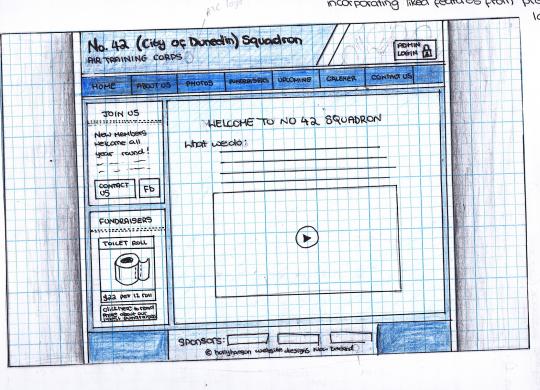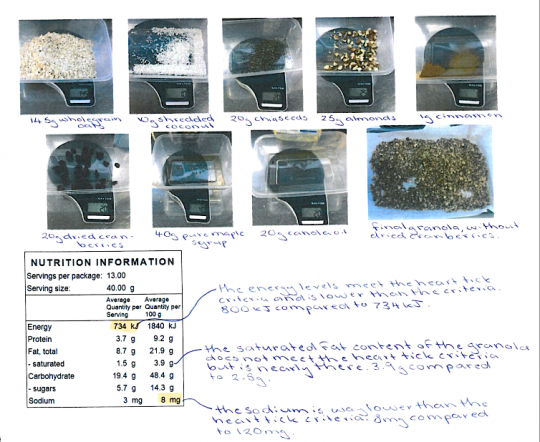Technology Scholarship conversation
Scholarship report writing
Communicating the success of the project in a succinct manner to the marking panel is essential for success in scholarship. The general consensus amongst the teachers was to start collecting evidence early.
Scholarship submissions must meet NZQA format requirements. See: NZQA, Scholarship: Technology.
Bill
I generally start the students on their report writing in term 2. I use a template with the students and get them to fill it in individually. It’s based on the scholarship assessment schedule. (If you want to use something like this, get the latest from NZQA and break it down in your own way for your own students.)
As an early start to the report I put this in the middle of an A3 sheet and get them to brainstorm around it with questioning such as:
- Where am I at with my project now?
- What is elegant about my project?
- What information have I critically reflected on?
- How have I justified my practice?
- What is the range of contexts I am working in?
This can be a wake-up call for some students because there will often be a number of gaps and they realise that they need to start thinking more deeply. I then start working with them to fill the gaps before they start writing their reports.
A scholarship concept stocktake needs to be done early in the year. I think if you leave it until term 4, there can be too much missing to make up.
Sometimes students need help to draw out their depth of understanding. Teacher questioning can encourage critical reflection and support students to identify and document what they know, for example:
- You have written a phenomenal piece of code for a robot, so how did you gain this level of expertise?
- How did you learn that this type of welding is the code of practice for your outcome?
Claire and Abby
Generally, the students write the report at the end of the project. However, this year one of the fabrics students has begun writing her report as each stage of the project happens. We agree that the report writing does encourage the student to consider how well they have synthesised their technological experiences and reflect on other scholarship concepts when realising their outcome.
John
The top students will have plenty of evidence by the time we reach term 4 and it’s just a matter of going through this with them and questioning them on aspects where there are gaps or things they may not have considered.
We have a panel of technology teachers with an in-depth knowledge of the technology curriculum up to scholarship level (we use this as a professional development tool for staff involved), and the students present their work to the panel, who then offer them suggestions. Students can be working on iterations of their outcome right up to the deadline.


